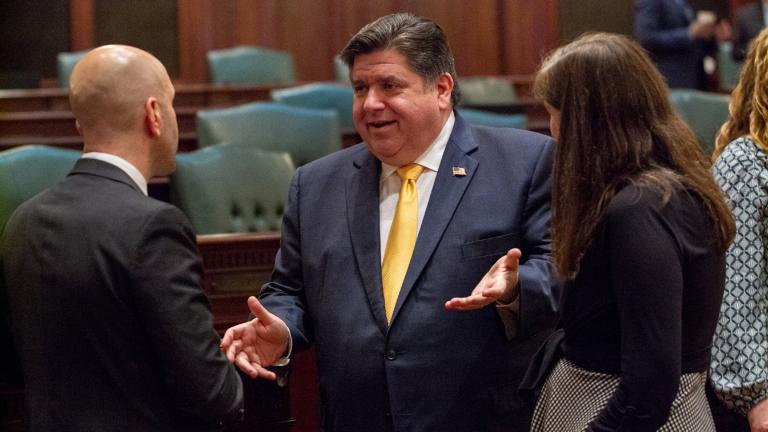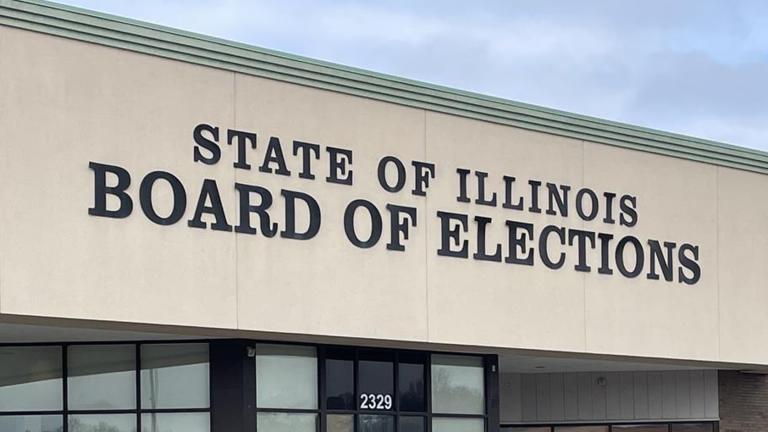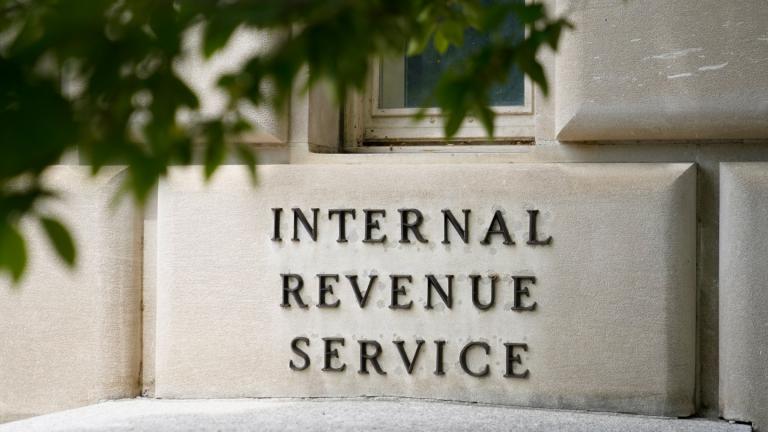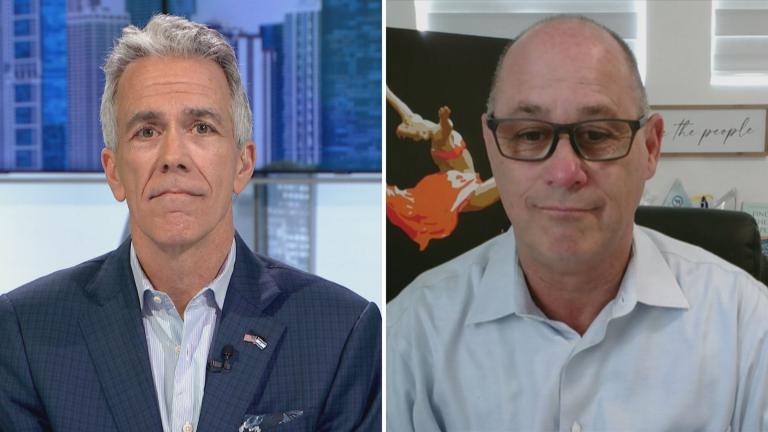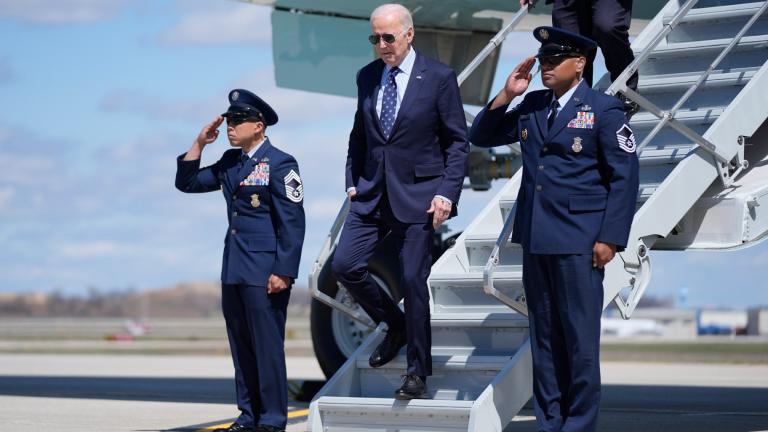 Eileen O’Neill Burke declared victory in the Democratic race for Cook County state’s attorney. (Provided)
Eileen O’Neill Burke declared victory in the Democratic race for Cook County state’s attorney. (Provided)
Retired Justice Eileen O’Neill Burke defeated lecturer Clayton Harris III to win the Democratic nomination for Cook County state’s attorney, according to the Associated Press.
O’Neill Burke declared victory Friday afternoon after the latest vote count showed her leading by 1,566 votes in a race where more than 527,000 votes were cast. O’Neill Burke said she had a “mathematically insurmountable lead.”
“It was worth the wait,” O’Neill Burke said. “I am so honored to be the Democratic nominee for Cook County state’s attorney.”
Harris, who had the backing of the Cook County Democratic Party to replace State’s Attorney Kim Foxx, said in a statement late Friday he had called O’Neill Burke to congratulate her.
“After months of organizing, meeting and talking with people from all across this county, and waiting for every vote to be counted, we’ve fallen a bit short of our goal,” Harris said in a statement.
During the past 10 days, O'Neill Burke watched Harris chip away at the lead of nearly 10,000 votes she held on election night. By Friday afternoon, Harris had erased nearly 85% of that advantage, but could not close the gap.
A spokesperson for the Chicago Board of Elections said late arriving mail-in votes will continue to be counted Monday and Tuesday, the deadline for the results to be certified, as long as they were postmarked by March 19.
The race was jolted March 23 by the news that there were approximately 9,100 more ballots cast by Chicagoans to count than elected officials had identified in statements to the news media on Friday, leading to unfounded charges of irregularities that both campaigns sought to reject.
Chicago elections officials acknowledged they also misstated the number of provisional ballots cast by voters on Election Day. Those ballots must undergo an additional layer of scrutiny before being counted. In most cases, provisional ballots are cast by those who requested a mail-in ballot but decided to vote in person for any reason.
In the end, approximately 53,000 mail-in ballots sent out by Chicago election officials in the run up to the primary election were not returned, making it impossible for Harris to catch O’Neill Burke. Nearly 26% of Chicago voters cast a ballot in the primary election, on par with previous years with a Democratic president running unopposed for re-election.
O’Neill Burke said she planned to celebrate with her supporters Monday morning.
“If I’ve learned one thing during this process, it’s that there is so much more that unites us than what divides us,” O’Neill Burke said. “Whether you voted for me or not, I promise to work tirelessly as your state’s attorney.”
O’Neill Burke will face Republican Bob Fioretti and Libertarian Andrew Charles Kopinski in November’s general election. That contest is unlikely to be close in heavily Democratic Cook County.
Harris’ loss delivers a blow to Cook County Democratic Party President Toni Preckwinkle, who championed the reform efforts led by Foxx and backed Harris to replace her after she announced she would not run for a third term.
Foxx spent much of her eight years in office being blasted as “soft on crime” by not only Republicans and conservative organizations but also by moderate Democrats. Foxx said she was determined to make the county’s criminal justice system fairer for Black and Latino residents, who she said had been hurt by an inequitable, systematically racist system.
Harris promised to continue many of Foxx’s policies, while O’Neill Burke promised to increase efforts to hold those accused of wrongdoing responsible through the criminal justice system.
O’Neill Burke won the race by garnering nearly 54% of the votes cast in suburban Cook County. Harris, however, won Chicago, carrying 52% of the city vote, according to unofficial returns.
O’Neill Burke put her experience as a judge, prosecutor and attorney in private practice front and center in her bid for state’s attorney. She promised to take a tougher approach to gun crimes and retail theft, while ensuring the office ran more efficiently.
“Across every neighborhood and every town in Cook County, people told me the same thing: we want a fair criminal justice system that works for everyone,” O’Neill Burke said. “We want a professional and effective state’s attorney’s office. We want illegal guns and assault weapons off our streets. We want less crime and safer communities, not by locking everyone up, but by turning people around.”
O’Neill Burke had a significant financial advantage over Harris, with several large contributions coming from members of Chicago’s financial services sector.
Harris’ loss means the progressive wing of Chicago’s Democratic Party suffered defeats in the two most high-profile races on the ballot March 19. Approximately 52% of Chicago voters rejected a proposal to give the Chicago City Council the power to raise the real estate transfer tax to fund efforts to confront homelessness.
Contact Heather Cherone: @HeatherCherone | (773) 569-1863 | [email protected]
A Safer City is supported, in part, by the Sue Ling Gin Foundation Initiative for Reducing Violence in Chicago.

